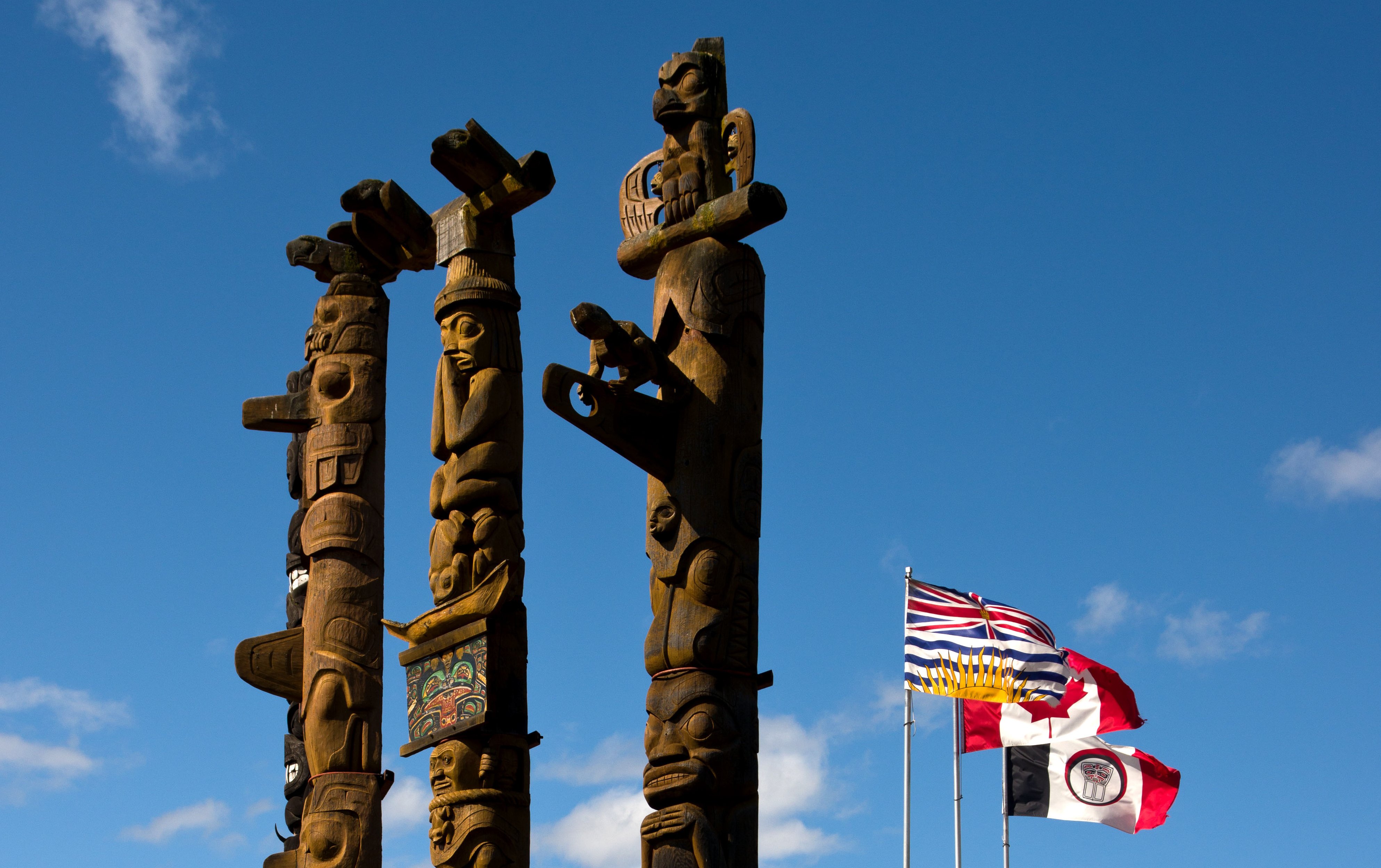Freedom of the press enables citizens to know about the things that public bodies do that impact them. It’s what enabled me to report on civic affairs for a community newspaper for seven years. I reported about city taxes, school board decisions and regional district swearings-in of new First Nations members. If councillors or trustees gaffed, I asked why. I also saw how citizens were free to express their opinions in news stories and letters to the editor about issues that impacted them. I learned that freedom of the press benefits those who govern as well as it does those who are governed.
As a journalist who also happens to be Indigenous I wanted to know: do journalists have the same legal right to report on First Nations government meetings as they do to report on municipal, provincial, and federal ones? After months of speaking with lawyers, communities, and freedom of the press advocates what I can say is that a lot of people don’t want to talk about it. There is no legal precedent clarifying whether freedom of the press applies to First Nations.
This is partly because media has never pressed the issue. They’ve not thought it important enough to clarify, likely because, to the mainstream, First Nations are small and remote with little of national importance at stake. And what editor wants the headache of taking a First Nation to court and potentially being painted a racist that is picking on Indigenous people? This creates a chill effect.
But there is another reason media hasn’t made an issue out of freedom of the press and First Nations. Canada’s constitutional adoption of freedom of the press in 1982 was uncontested. It’s not something that was won through bloody war or skull-cracking protest. It comes up occasionally, such as the recent tapping of a Quebec reporter’s cellphone by police, but it’s not something that’s sparks mass civil unrest. There was plenty of coverage in B.C. of the Nisga’a, Maanulth and Tsawwassen treaties during negotiations. News coverage centred around the amount of land the tribes received, how much money is involved and what kind of access to resources there would be for private business interests. But no one was concerned with how democratic these new regimes would be. No journalist asked if freedom of the press would apply in the post-treaty world.
There are now dozens of First Nations in the process of negotiating modern treaties of their own. These new hybrid democracies will have their own legislatures making decisions that impact the political, financial and social lives of their citizens. They’ll also have influence on land and resource development adjacent to their treaty lands. They will be ostensibly operating on the same playing field as other government bodies but without the same independent oversight. So what is being done to ensure that these new democracies are in fact democratic? Seemingly nothing.
Making space for freedom of the press would benefit both media and First Nations. For media, new access is an opportunity to really get to know a people that they, journalists, have too often inaccurately portrayed, reinforcing negative stereotypes.
For First Nations, allowing access means creating a portal through which the broader world can see and better understand them. This is also a chance to foster a media culture that facilitates citizens engaging with their governments — a chance not to just throw around the word democracy, but to exercise it.
You can read Discourse’s investigation into media rules in First Nations communities here. ![]()
Read more: Indigenous, Media















Tyee Commenting Guidelines
Comments that violate guidelines risk being deleted, and violations may result in a temporary or permanent user ban. Maintain the spirit of good conversation to stay in the discussion.
*Please note The Tyee is not a forum for spreading misinformation about COVID-19, denying its existence or minimizing its risk to public health.
Do:
Do not: